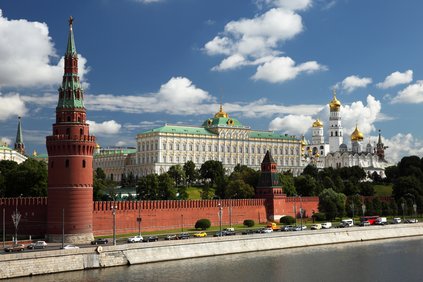Opinions - 07.03.2022 - 00:00
Exempt donation organisations from enormous fees
Many people want to help the people in Ukraine by donating money or goods. In the process, about two percent of the donation amount has to be paid for payment processing. Wouldn't it be a great signal if the payment processors lowered the fees for charitable organisations? An opinion piece by Martin Eling.

7 March 2022. Shocked by the brutal war many are thinking how they can help the people in Ukraine, be it through monetary donations or donations in kind. I, too, have donated to the people in Ukraine. In the process, I became aware that about two percent of the donation amount has to be deducted for payment processing. Of course, I understand that the payment processors have to be adequately remunerated for their service. But I find the volume of about two percent difficult, at least for charitable organisations.
Unfortunately, the fees for paying by credit card are high, as they are for debit cards and Twint. These fees are not paid by the person paying, but by the recipient of the money. The various payment processing providers (e.g. Visa, Mastercard, Viseca, Worldline) earn well. The exact conditions are confidential and negotiated individually. In fact, however, it seems objectionable when charitable organisations have to deduct two percent of the donation amount for payment processing. Wouldn't it be a great signal if the payment processors lowered the fees for charitable organisations based in Switzerland? Or give away the profit they make on them?
The following calculation may seem a little rough, but it illustrates the dimension in which this idea should be thought of. The volume of donations in Switzerland is currently around two billion francs. Two percent of that is 40 million francs. If the payment processors were willing to offer their services to charitable organisations at cost price and only charged one instead of two percent, for example, this would amount to 20 million francs that could be diverted to a good cause. If the conditions in other countries are similar, it would be many times that amount. Since the fees are distributed among many providers (banks, IT companies, credit card companies), a relatively large impact could be achieved with a relatively limited use of funds - at the level of the individual companies. And the companies can at the same time send a very nice signal in terms of more sustainability and social responsibility.
Other network infrastructures such as electricity grids, telecom networks or railway networks are regulated and the providers can only charge the actual costs including reasonable capital costs. Out of Switzerland's liberal tradition, I would not call for such regulation, as it also entails considerable disadvantages for the consumer. But in the case of charitable organisations, providers should be prepared to waive fees or at least profits. This also works in other areas. For example, customers of numerous telephone companies can currently make free calls to Ukraine.
Martin Eling is Full Professor of Insurance Business at I.VW-HSG.
Image: Adobe Stock / agcreativelab
More articles from the same category
This could also be of interest to you
Discover our special topics
















